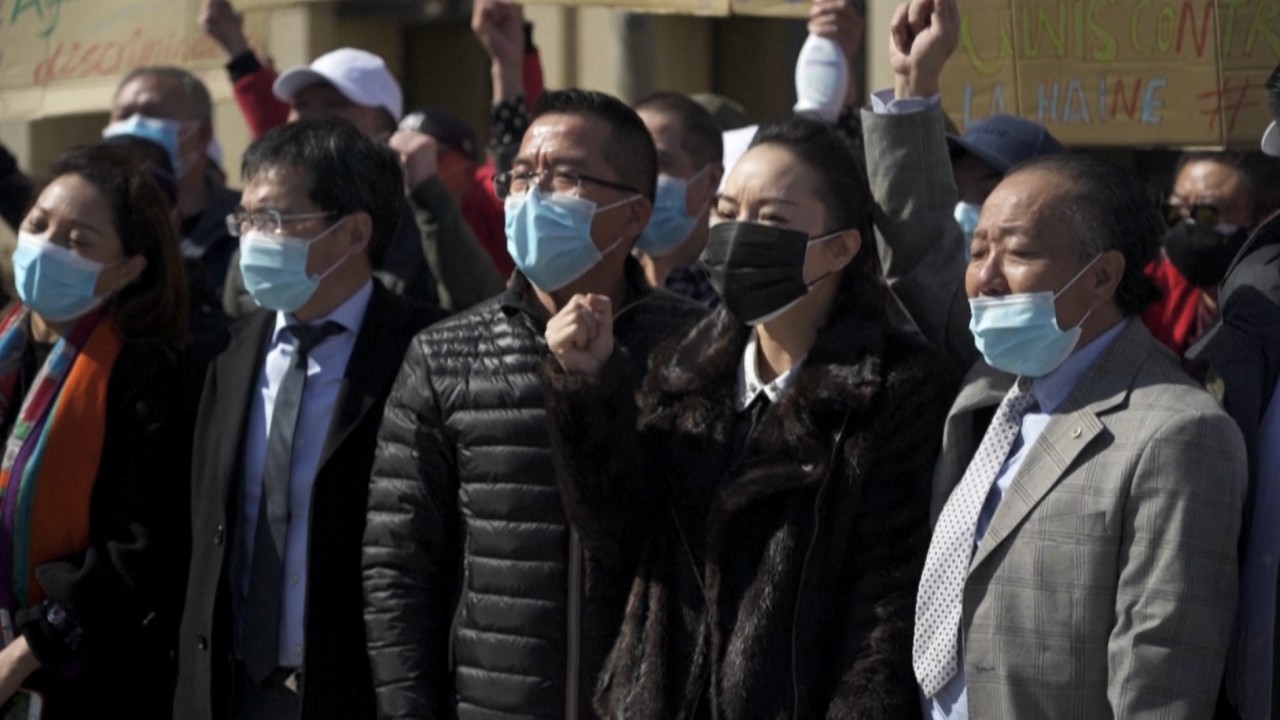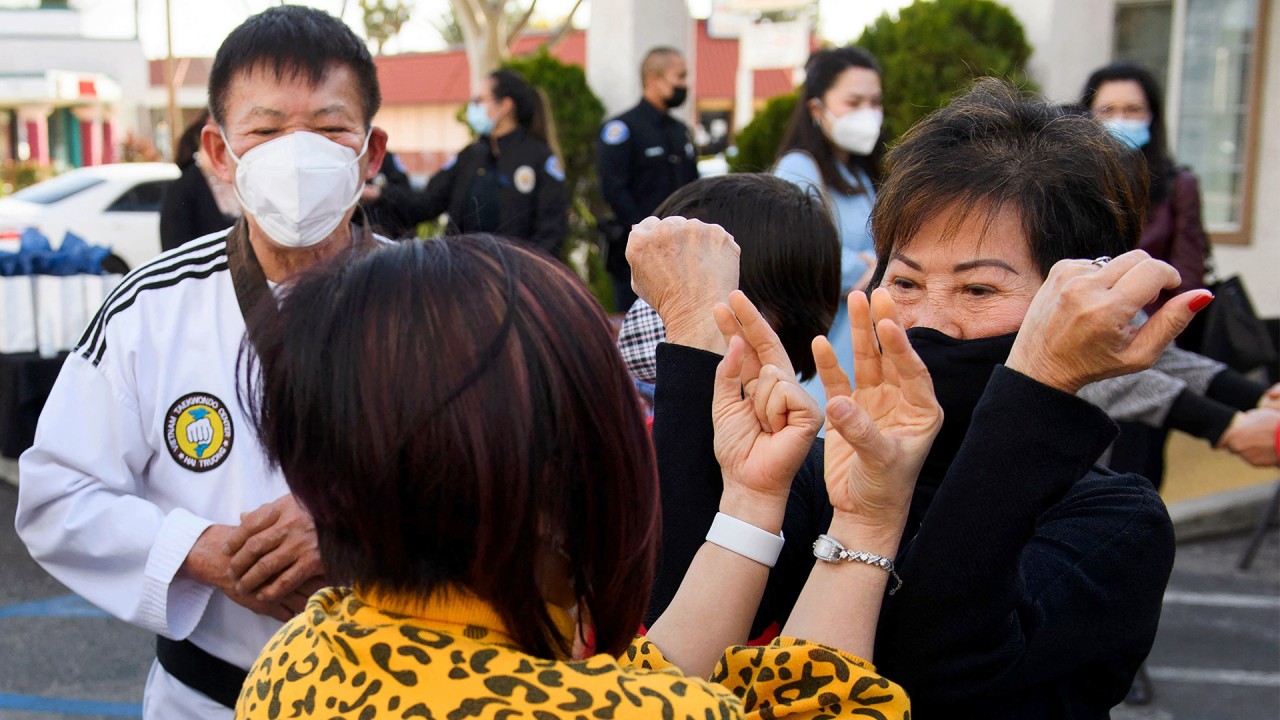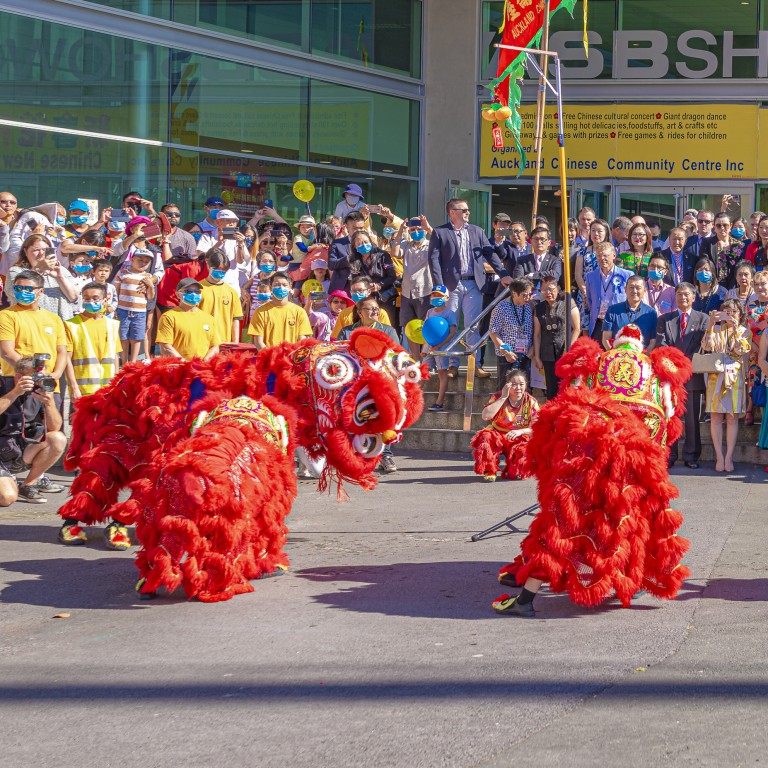
For New Zealand-Chinese, global rise in anti-Asian hate a reminder of painful past
- In the 19th century, the Chinese community faced intense discrimination as New Zealand sought to preserve a white-majority population
- As the #StopAsianHate movement grows worldwide, some ethnic Chinese today are reminded that equality is still a distant proposition
The government in 1944 axed the Chinese Immigration Act, a measure established in 1881 at the height of anti-Chinese sentiment that saw restrictions including a poll tax of £10 – later raised to £100 (worth about US$14,000 today) – levelled on ethnic Chinese entering New Zealand. They were also denied naturalisation rights and kept out of welfare or pension schemes, among other rules.
While an official described the act as a “blot on our legislation” when it was abolished, it was not until almost six decades later that New Zealand-Chinese citizens received a national apology for the discrimination their ancestors faced.
“No other ethnic group was subjected to such restrictions or to a poll tax,” said then-prime minister Helen Clark in 2002. “The government’s apology today is the formal beginning to a process of reconciliation.”
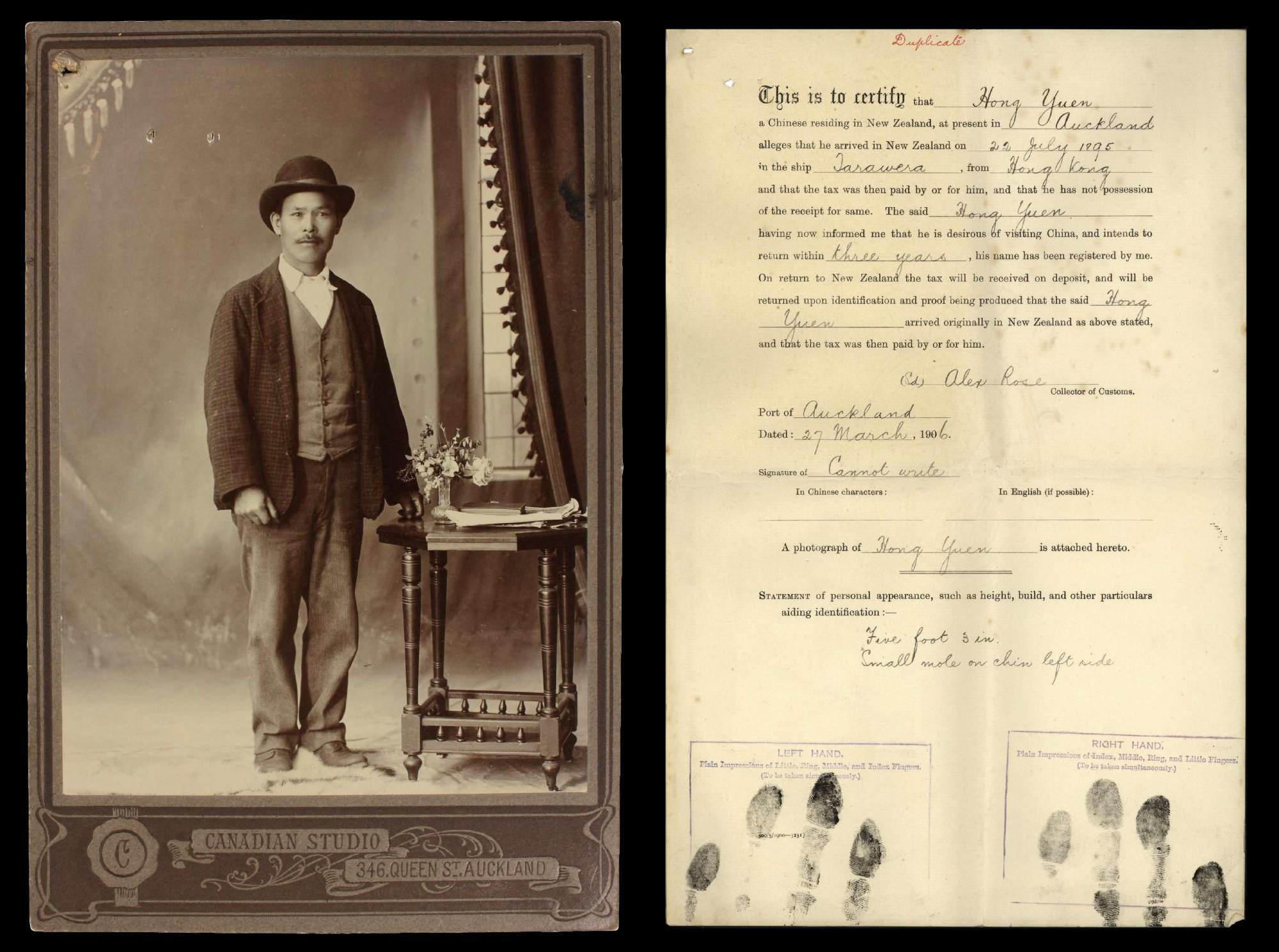
“No country is immune. We thought we were a pretty safe country before March 15,” Foon told local media.
Security Intelligence Service chief Rebecca Kitteridge on Wednesday told a parliamentary select committee her agency was on the alert for “white identity extremism”. “There is no doubt we are seeing an increase in white identity extremism in New Zealand, as around the world. That is an unfortunate trend,” she said.
Steph Tan, a Yale University graduate student, is among those who has “had enough” of the mistreatment of Asians in Western countries.
“It’s not just America. We’ve had a rise in anti-Asian bullying here too during [Covid-19]. We must do better. Enough of the racism and extreme ignorance towards Asians,” she wrote in a Facebook post ahead of a #StopAsianHate march she organised in Auckland.
“The anti-Asian attacks both locally and globally are very painful for us Kiwi-Asians … what with also the complex racist history involving government,” Tan told This Week in Asia.
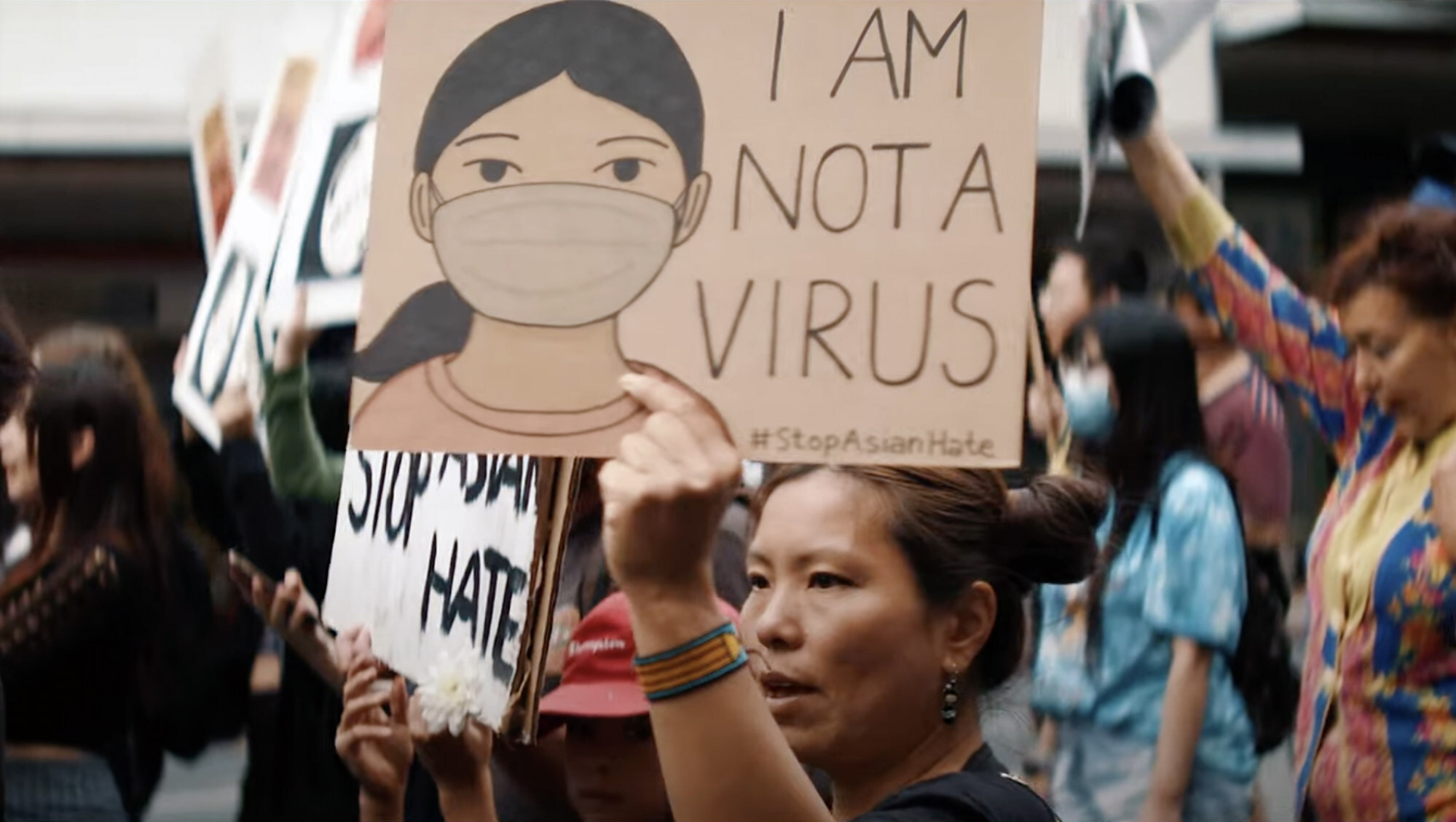
Distinguished Professor Paul Spoonley, a sociologist at Massey University in New Zealand, said surveys showed that “Chinese immigrants specifically are not seen in the most favourable light but attitudes have improved over time”.
“There are very mixed perceptions of Chinese. They are lauded for their attitude towards education and veneration of older members of the community, but then are often stereotyped as driving flashy cars badly and speaking Chinese [languages] in public spaces,” he said.
“On the whole, there is recognition that Chinese add important elements to the New Zealand economy and society but equally, there are important reservations, especially around Chinese ownership of New Zealand companies and resources, or the impact on the housing market.”
Kiwis are behind New Zealand’s runaway house prices, not foreign buyers from China or Singapore
Second-generation New Zealand-Chinese told This Week in Asia they had noticed an ebb and flow in attitudes towards the community over the years.
Wellington-born writer Kirsten Wong, whose grandfather paid the poll tax in 1895, felt the country had “a long history of anti-Asian feeling that, over the past 150-plus years, has never really died out”.
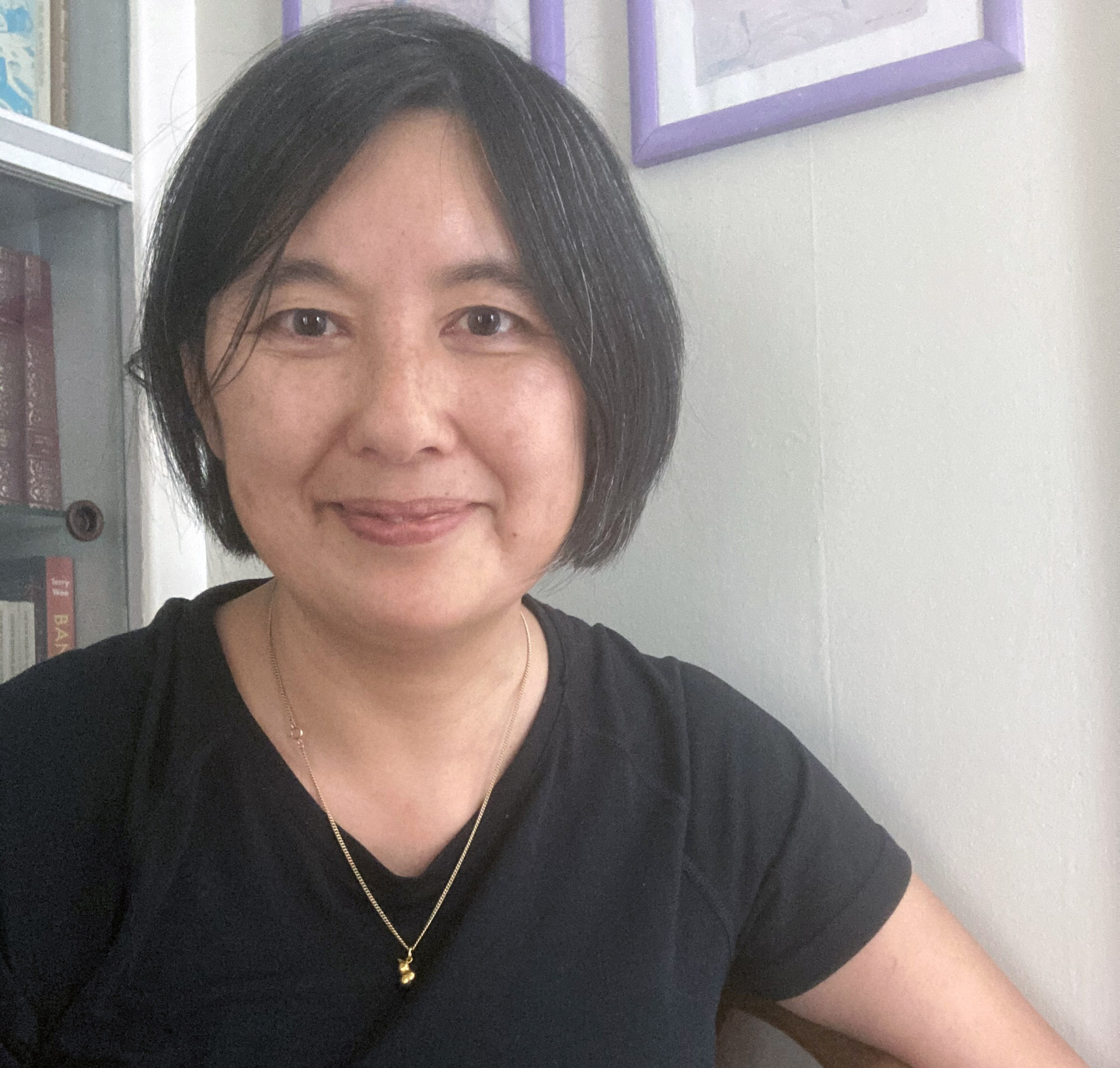
“There was an anti-Chinese association in New Zealand even before Chinese gold miners arrived in 1866,” said Wong, who has been involved with the community on cultural and identity issues, including working for the government on its reparations to poll-tax payers.
“In my living memory, the worst time was in the early 1990s when the community was pretty much under siege. People were getting bottled in the streets and newspapers ran openly racist stories,” she said. “We’re seeing an echo of this today with Covid-19.”
Is New Zealand welcoming of all races? Look at what its politicians have said
As part of the formal apology, the Clark government in 2005 established the Chinese Poll Tax Heritage Trust, which funds a range of activities such as the learning of Cantonese and projects that record and preserve New Zealand-Chinese history.
The 80-year-old Luey, who is also chairman of the Auckland Chinese Community Centre Inc, said he believed the reaction towards Chinese in New Zealand however was not as severe as in other countries.
While it felt like the community was caught in a “historical loop”, Wong said it had benefited from efforts by indigenous Māori to challenge systemic racism over the past few decades.
“In the ’60s and ’70s for example, Chinese restaurant workers were regularly physically attacked on Friday and Saturday nights. Some employed security for those nights,” she said. “That doesn’t happen any more.”
On what it means to be a Kiwi-Chinese today, Wong said: “For people like me, we are New Zealanders first. But we cherish our Chinese side and we draw a lot of strength from our heritage communities.
“Today’s younger ones are privileged as they have both the heritage community and access to the vibrancy and life that newer waves of Chinese migrants are bringing.”


